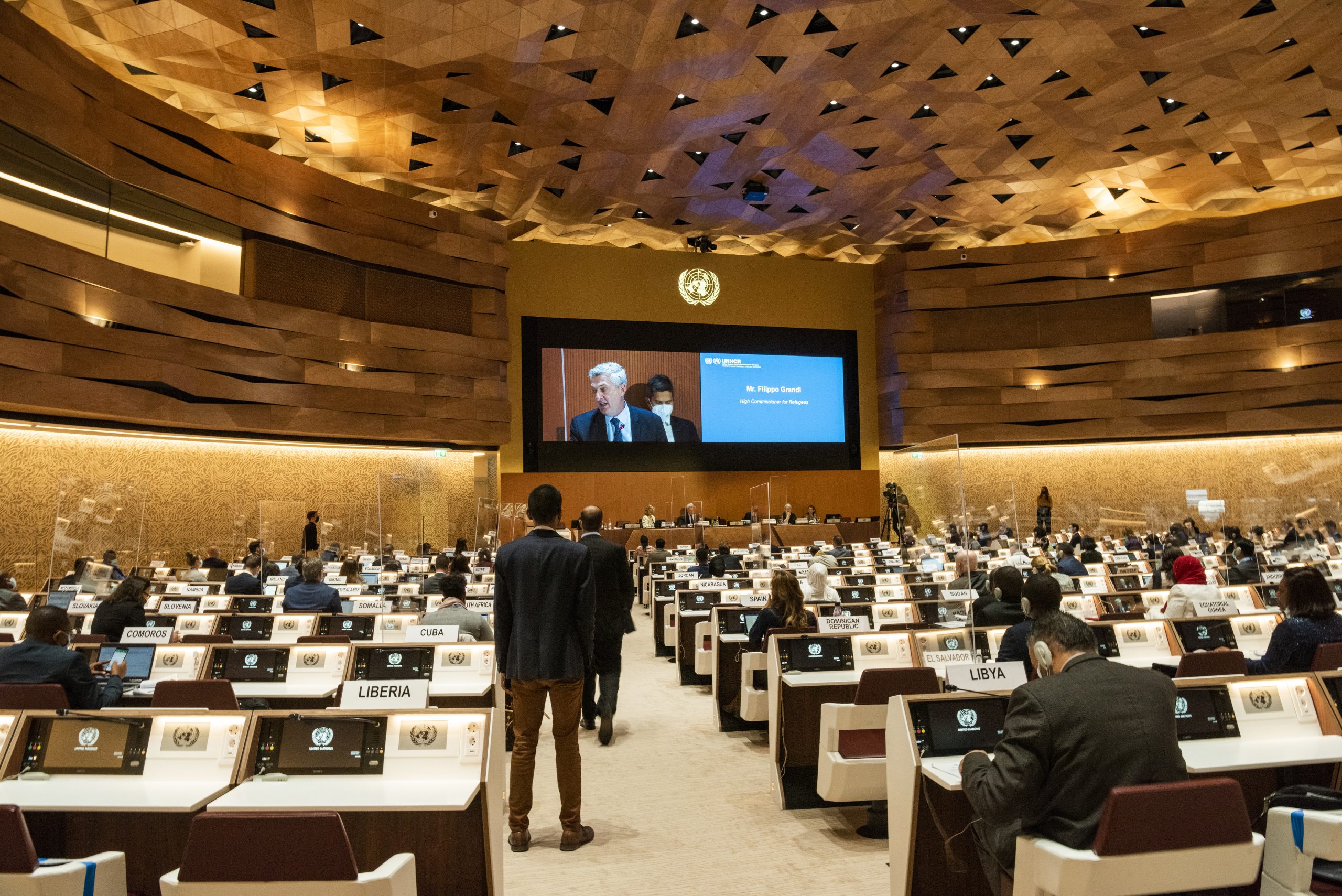Cambio de estrategia: la contribución del Banco Mundial a la respuesta al desplazamiento forzado
El Banco Mundial se ha convertido en un agente destacado en la respuesta al desplazamiento forzado. Sin embargo, mediante una mejor coordinación con organismos humanitarios y una participación más significativa de las personas refugiadas, podría intensificar aún más su contribución.








